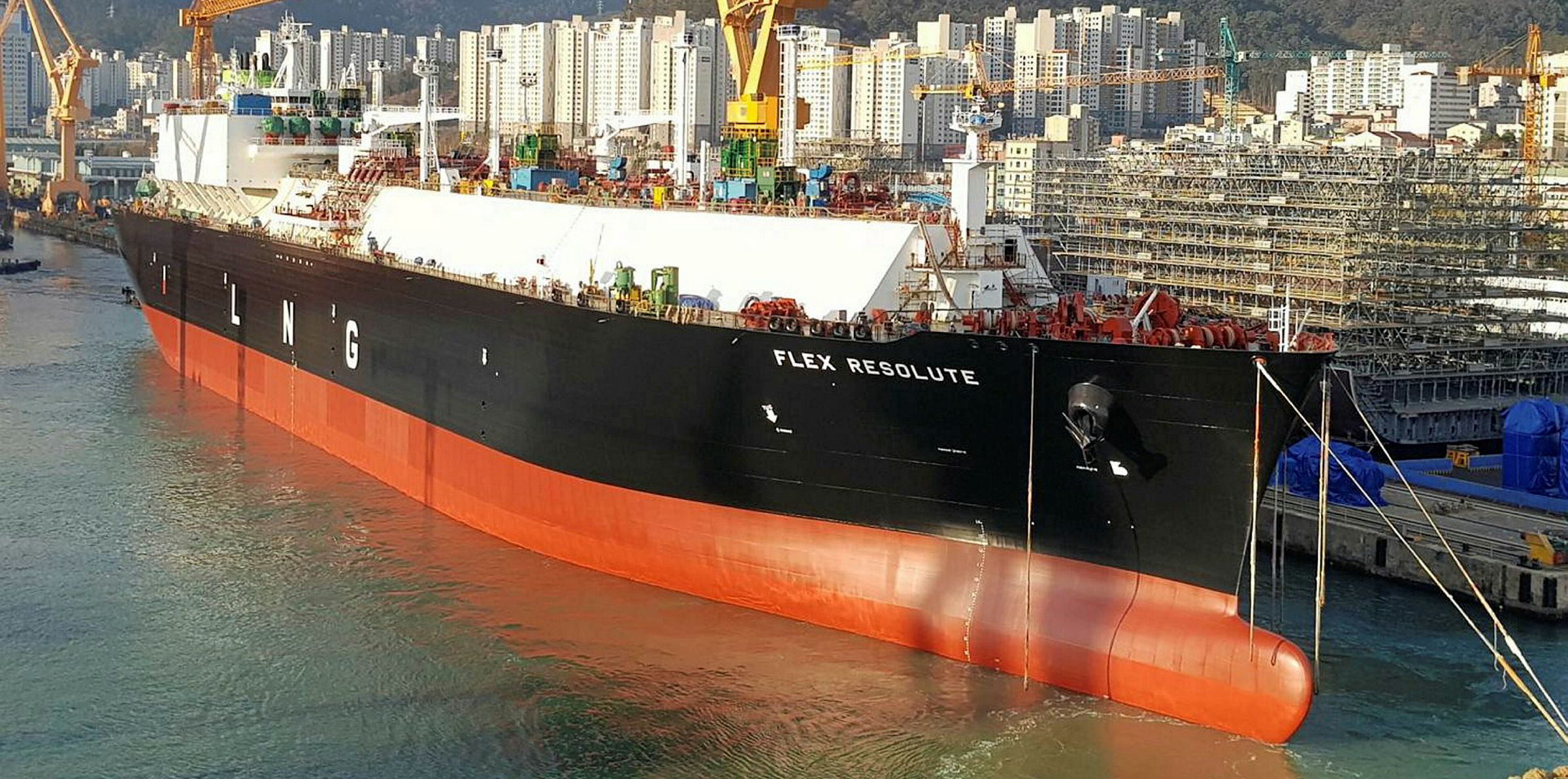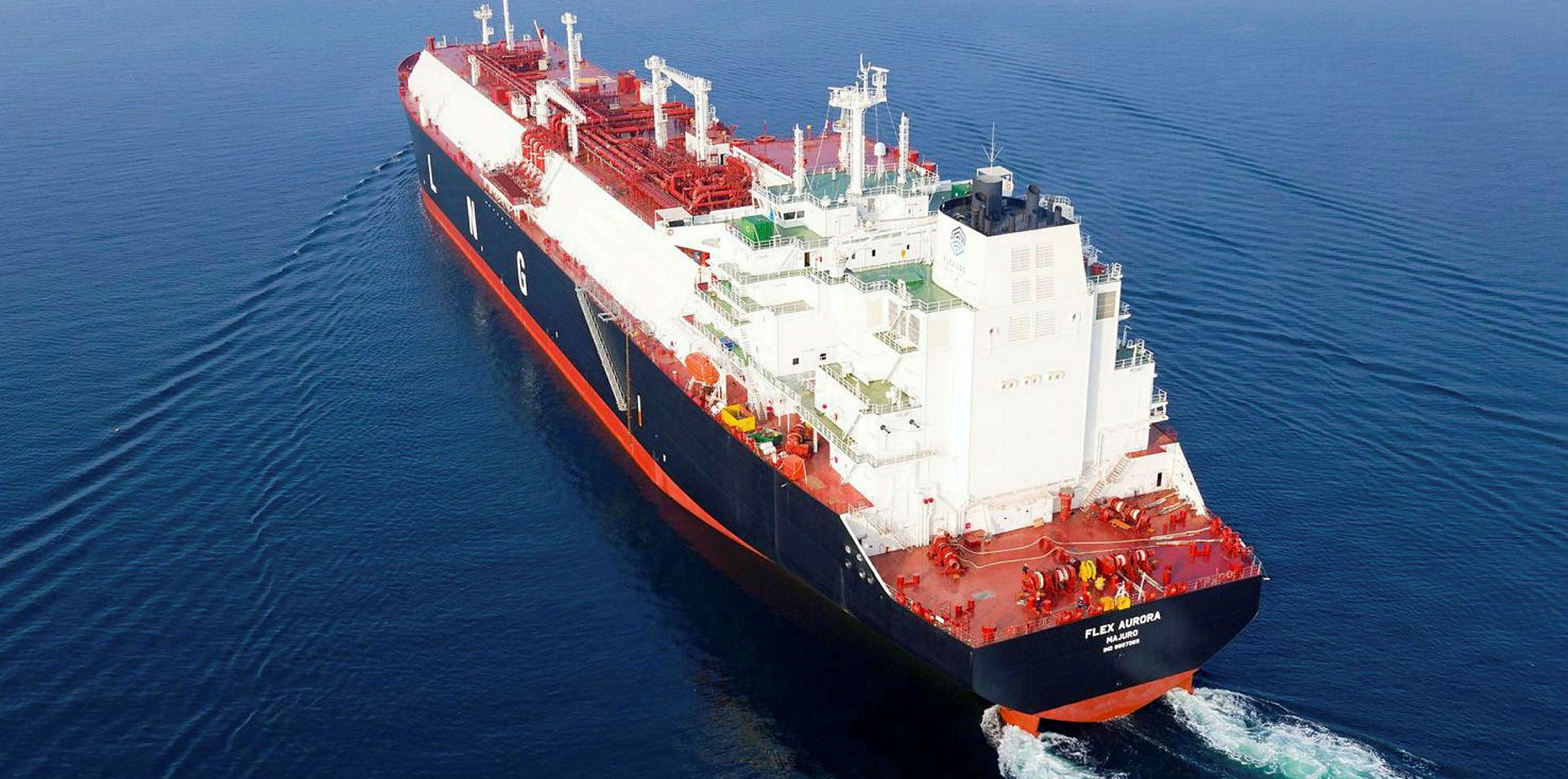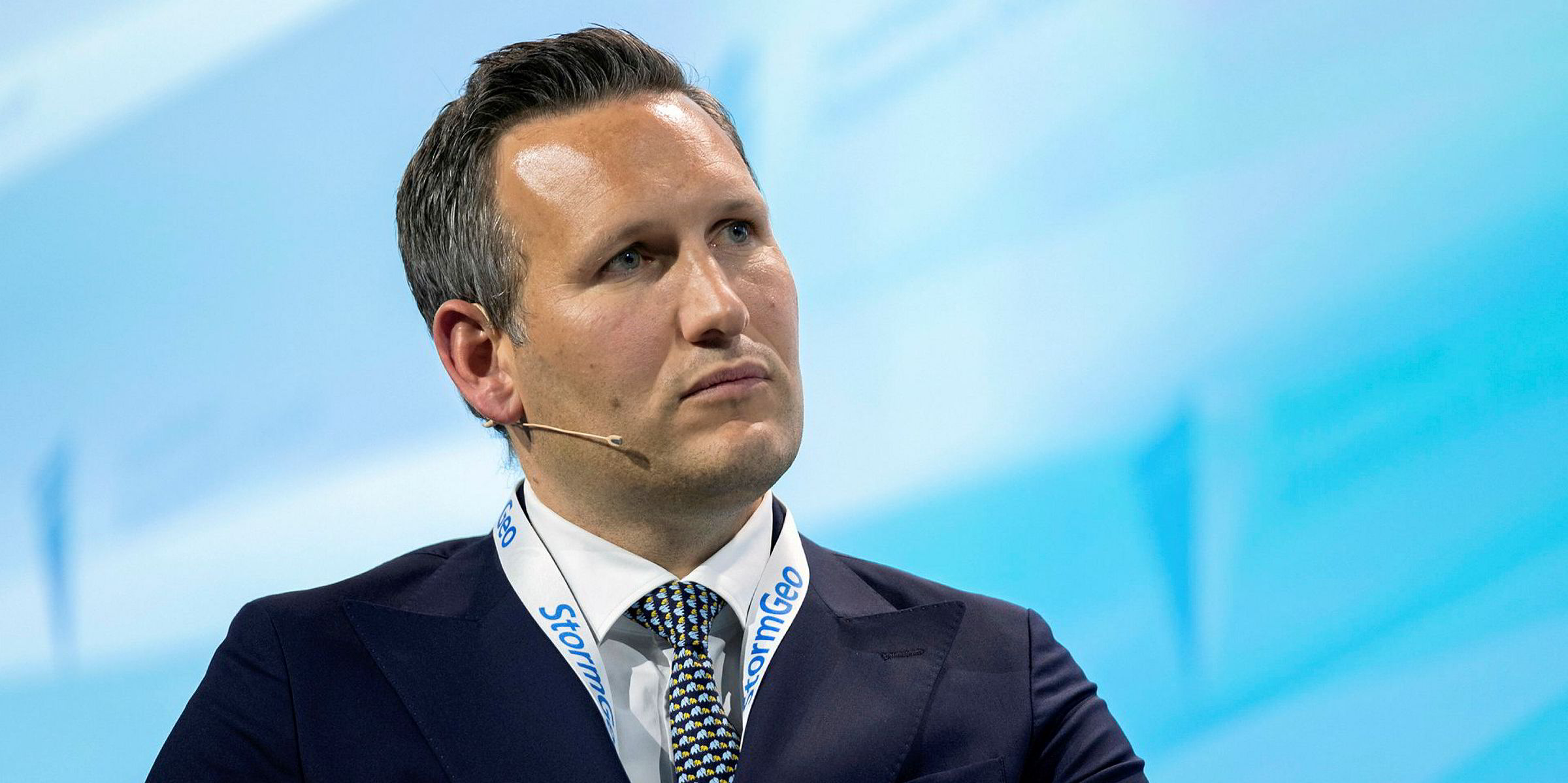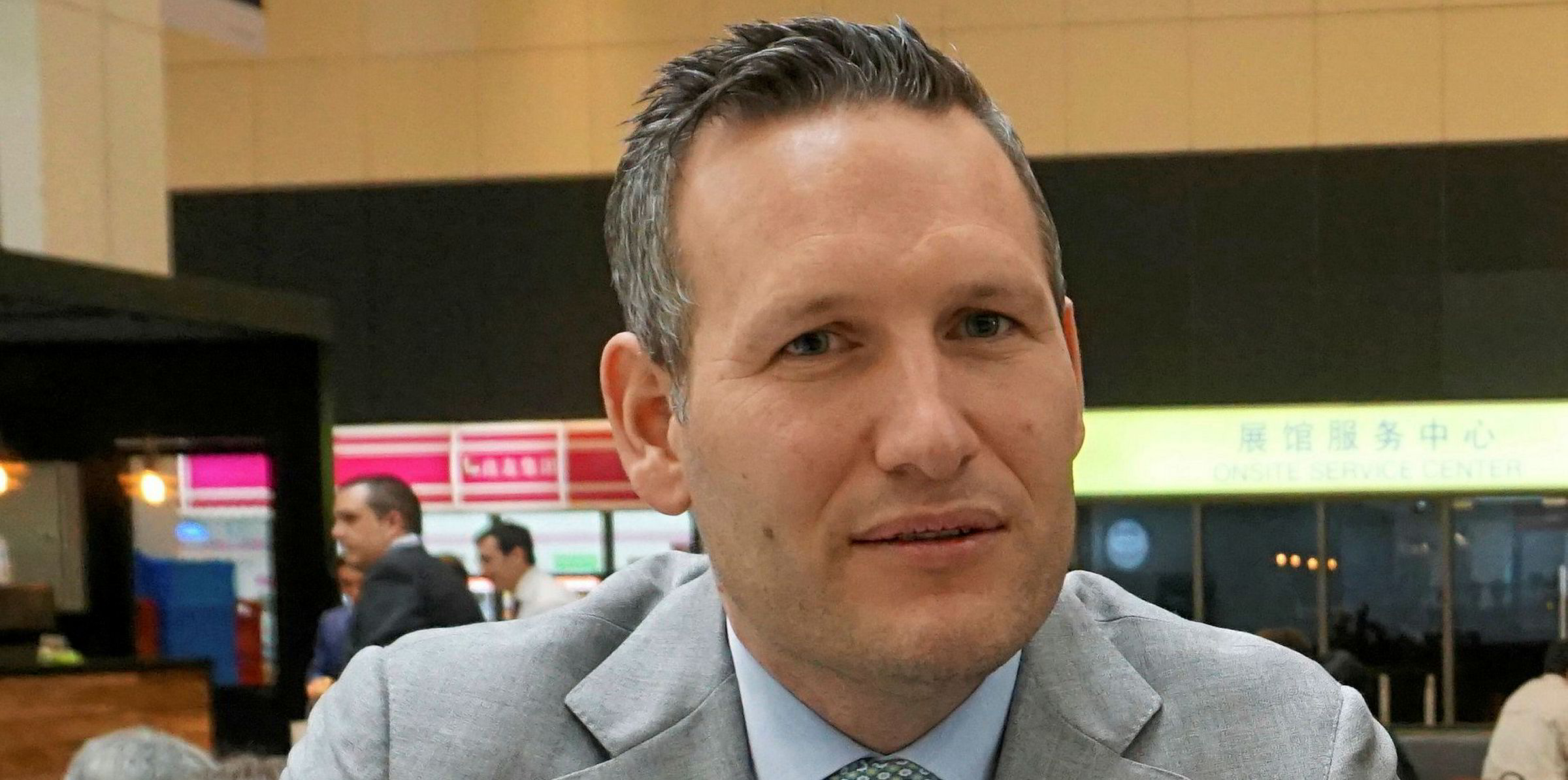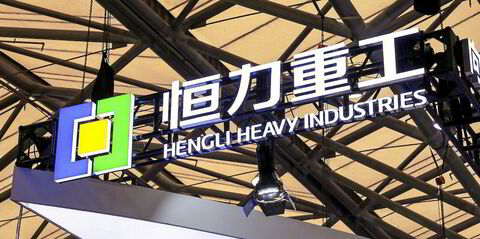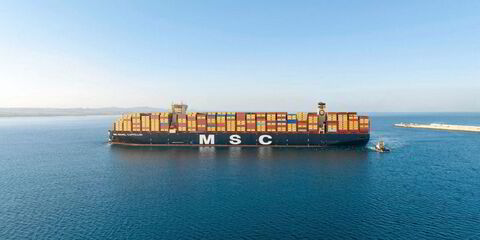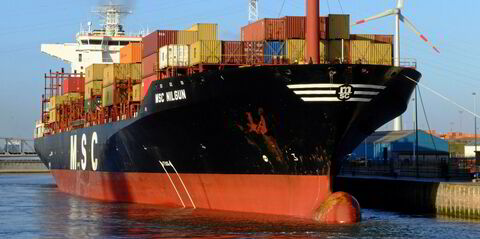A weakened LNG trading market and lower charter rates have increased interim net losses for John Fredriksen-controlled Flex LNG.
In a results statement, Flex reported an average time charter equivalent (TCE) rate of $46,588 per day for the second quarter 2020, compared to $67,740 per day in the previous quarter.
Flex LNG chief executive Oystein Kalleklev acknowledged that the company’s vessels were exposed to a weak spot market in spring and summer, but said that the trading results were in line with its guidance.
Kalleklev said: “We expect similar trading results for the third quarter, even with mobilisation of three or possibly four newbuildings during this quarter.”
Flex’s interim losses almost tripled in the first half of the year to $21.5m, from $7.4m in the same period last year.
In the second quarter alone, the company logged a net loss of $6.7m, up from $3.9m a year ago.
First-half operating revenue jumped to $28.1m from $8.0m a year earlier, with second quarter figures also up at $8.8m from $4.9m in the second quarter of 2019.
Multifaceted challenges
Flex said its operating revenues in the second quarter were impacted by the Covid-19 pandemic, which has resulted in lower gas demand, thus impacting freight demand.
On the other hand, voyage expenses and vessel operating expenses were down, compared with the first quarter.
Kalleklev said: “The Covid-19 pandemic and resulting mobility restrictions posed multifaceted challenges for LNG shipping, which in nature is mobile and woven into global supply chains."
Despite these challenges, Flex managed to operate its ships with 100% up-time and availability, Kalleklev said, with cargoes being delivered without disruptions or delays. The company also mobilised two newbuildings for delivery.
Flex also managed to carry out, on average, two crew changes per ship, Kalleklev said.
Mystery charterers
The company spelled out more details on its three recently announced time charters, even though it still refrained from identifying the charterers.
The newly delivered, 174,000-cbm Flex Aurora started an eight-month charter with an international utility company in the third quarter, with an option to extend the hire by three months.
The 174,000-cbm Flex Amber will go on hire to an international energy major in the last three months of this year under a charter expiring in the third or fourth quarter of 2021. Flex said the charterer has options to extend the charter period for up to an additional two years, adding that the time charter has elements of a variable rate of hire.
The 173,400-cbm newbuilding Flex Resolute will start an 11-month charter to an international utility company on its delivery in September. Flex said there is an option to extend the charter by an additional three months.
Flex said it has secured long-term financing at attractive terms for all its vessels, including the newbuildings.
The company has now transferred all its ships, including the newbuildings, into its newly established management arm Flex LNG Fleet Management.
This month Flex took delivery of its eighth LNG carrier, the 173,400-cbm newbuilding Flex Artemis. The vessel has started a long-term time charter with Gunvor Group’s Clearlake Shipping, a subsidiary of the Gunvor Group.
Flex detailed that the period under the time charter is up to ten years, where the first five years are firm. It added: “The time charter has elements of a variable rate of hire.”
Flex has three more LNG newbuildings due for delivery in 2020 with two to follow next year.
“With eight vessels in operation and five scheduled for delivery over the next nine months and a mixed portfolio of fixed and variable time charter parties, as well as vessels in the spot market, the company is well positioned to be present in all three major basins," Flex said.
“This is expected to enhance our customer relationships through shorter distances to load ports leading to increased utilisation of our fleet.”
